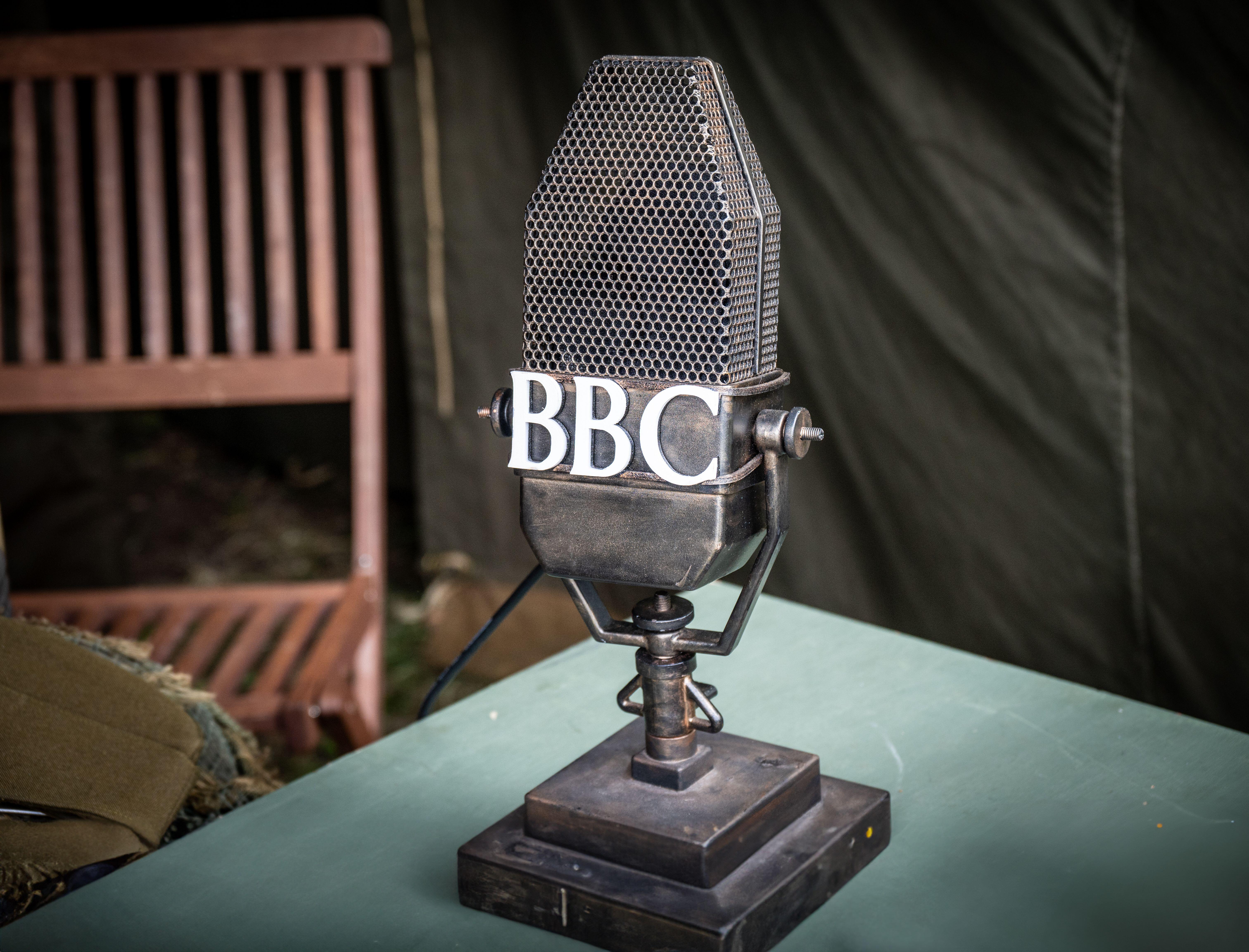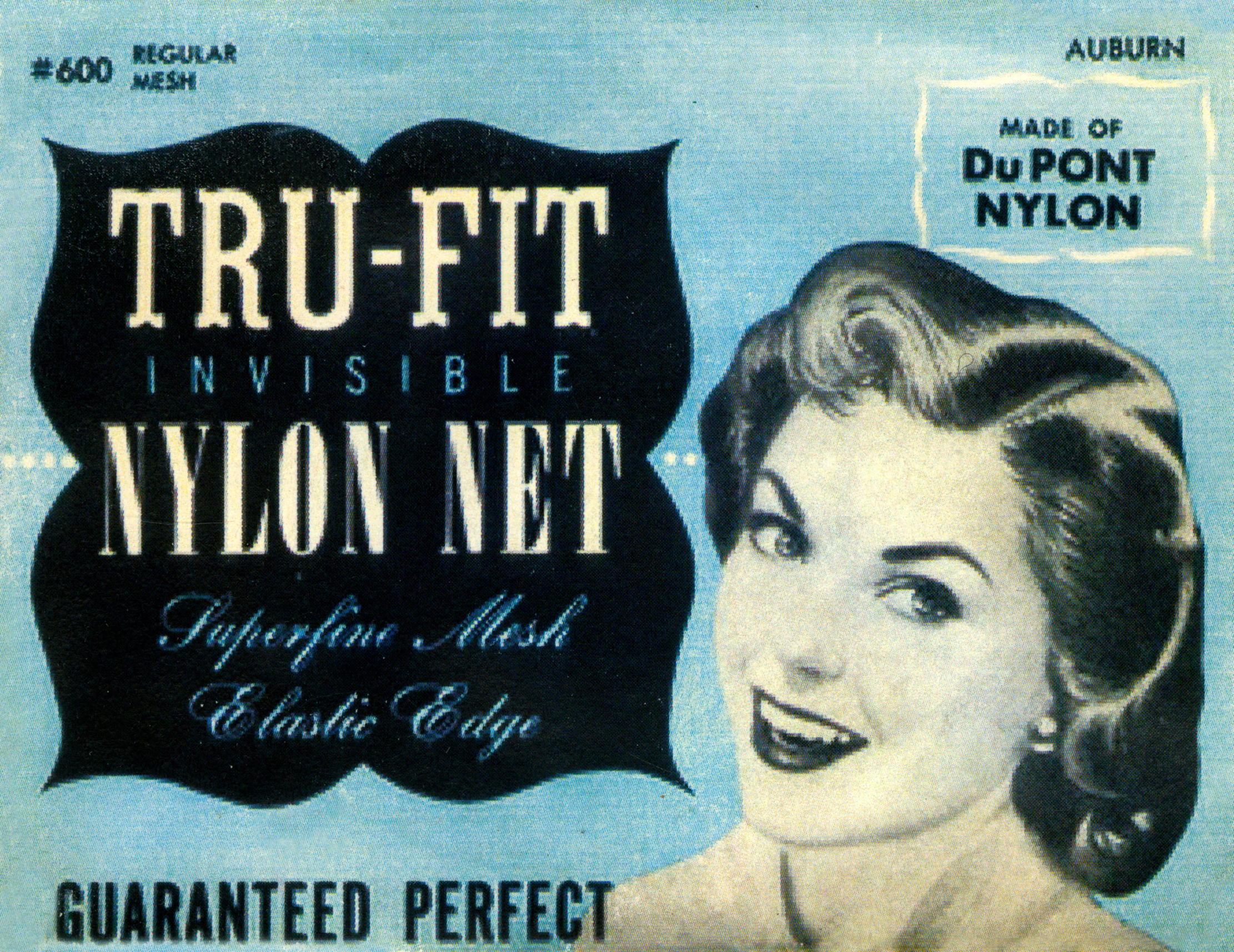Curious Questions
-
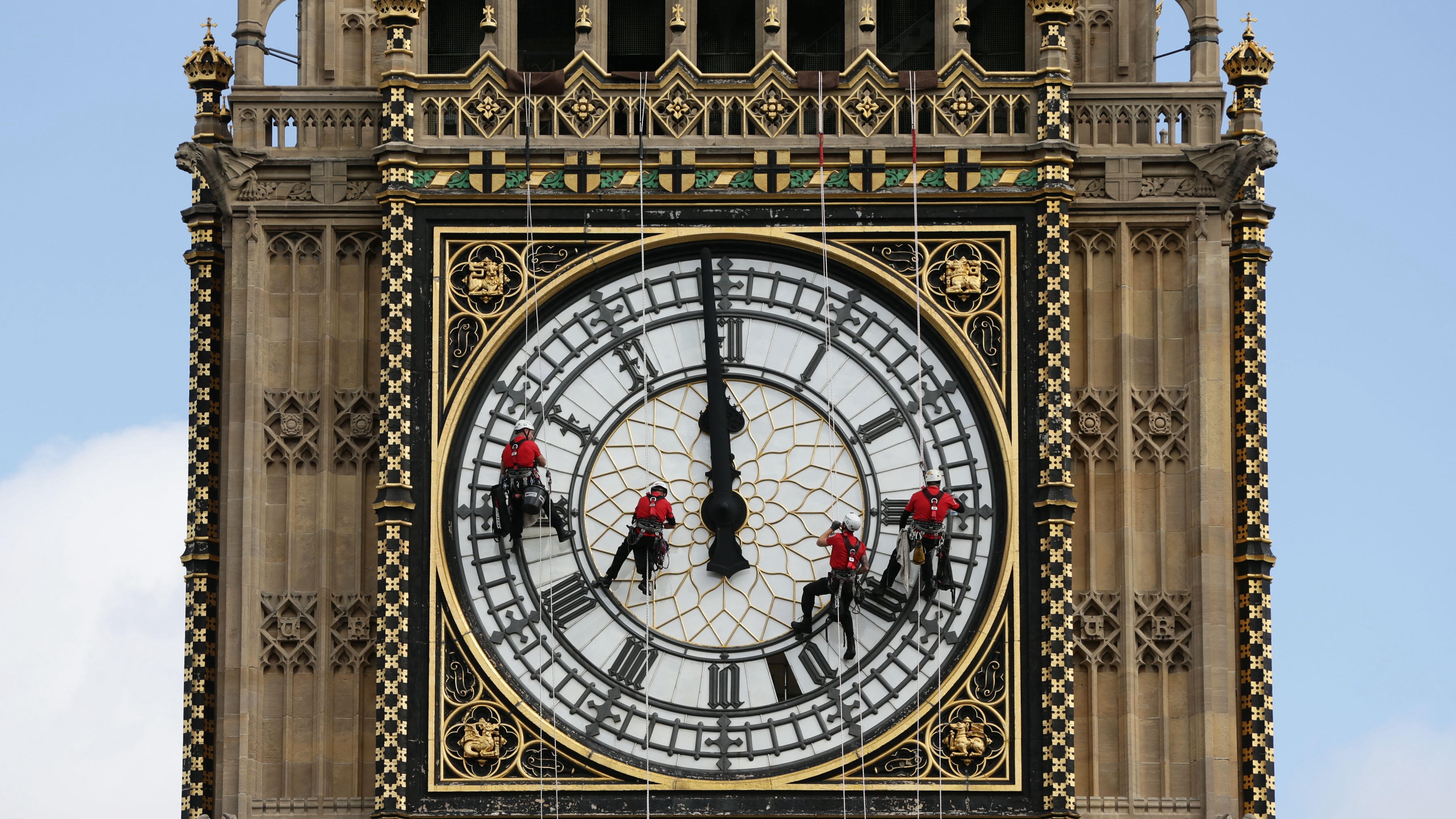
Curious Questions: Why do the clocks go forward in Spring?
As we move from Greenwich Mean Time to British Summer Time, some of your might be wondering: why — and if we'll always continue to change the clocks twice a year.
By Martin Fone Last updated
-

Curious Questions: Why do golf balls have dimples? And why are tennis balls furry?
As the weather picks up, millions of us start thinking about dusting off our golf clubs and tennis rackets. And as he did so, Martin Fone got thinking: why aren't the balls we use for tennis and golf perfectly smooth?
By Martin Fone Published
-

Curious Questions: Why is pancake day called 'Shrove Tuesday'?
Martin Fone investigates how Shrove Tuesday got its name — and also unveils the history of the day that precedes it, Collop Monday.
By Martin Fone Last updated
-
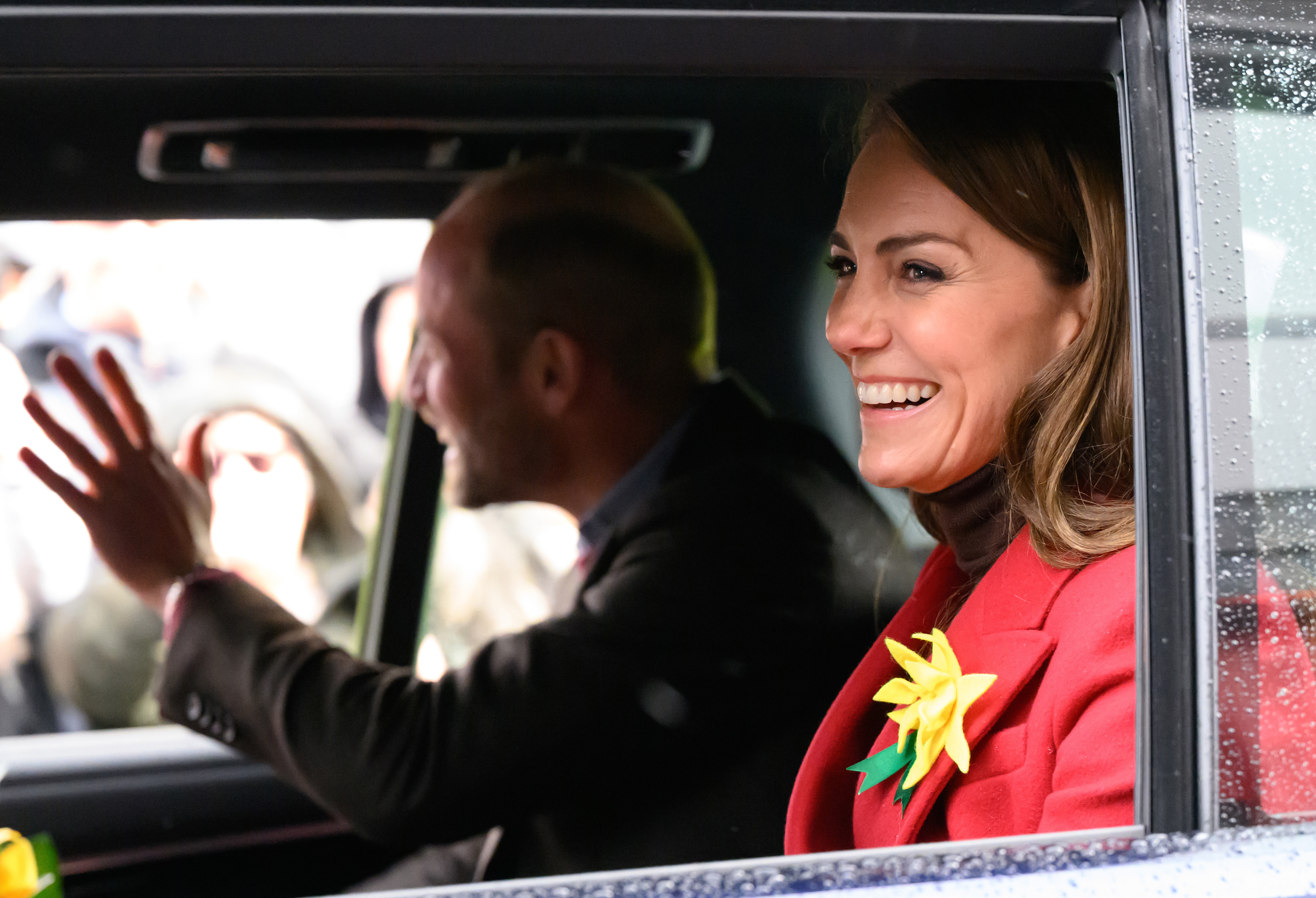
Curious Questions: Will the real Welsh daffodil please stand up
For generations, patriotic Welshmen and women have pinned a daffodil to their lapels to celebrate St David’s Day, says David Jones, but most are unaware that there is a separate species unique to the country.
By Country Life Published
-

Nobody has ever been able to figure out just how long Britain's coastline is. Here's why.
Welcome to the Coastline Paradox, where trying to find an accurate answer is more of a hindrance than a help.
By Martin Fone Published
-
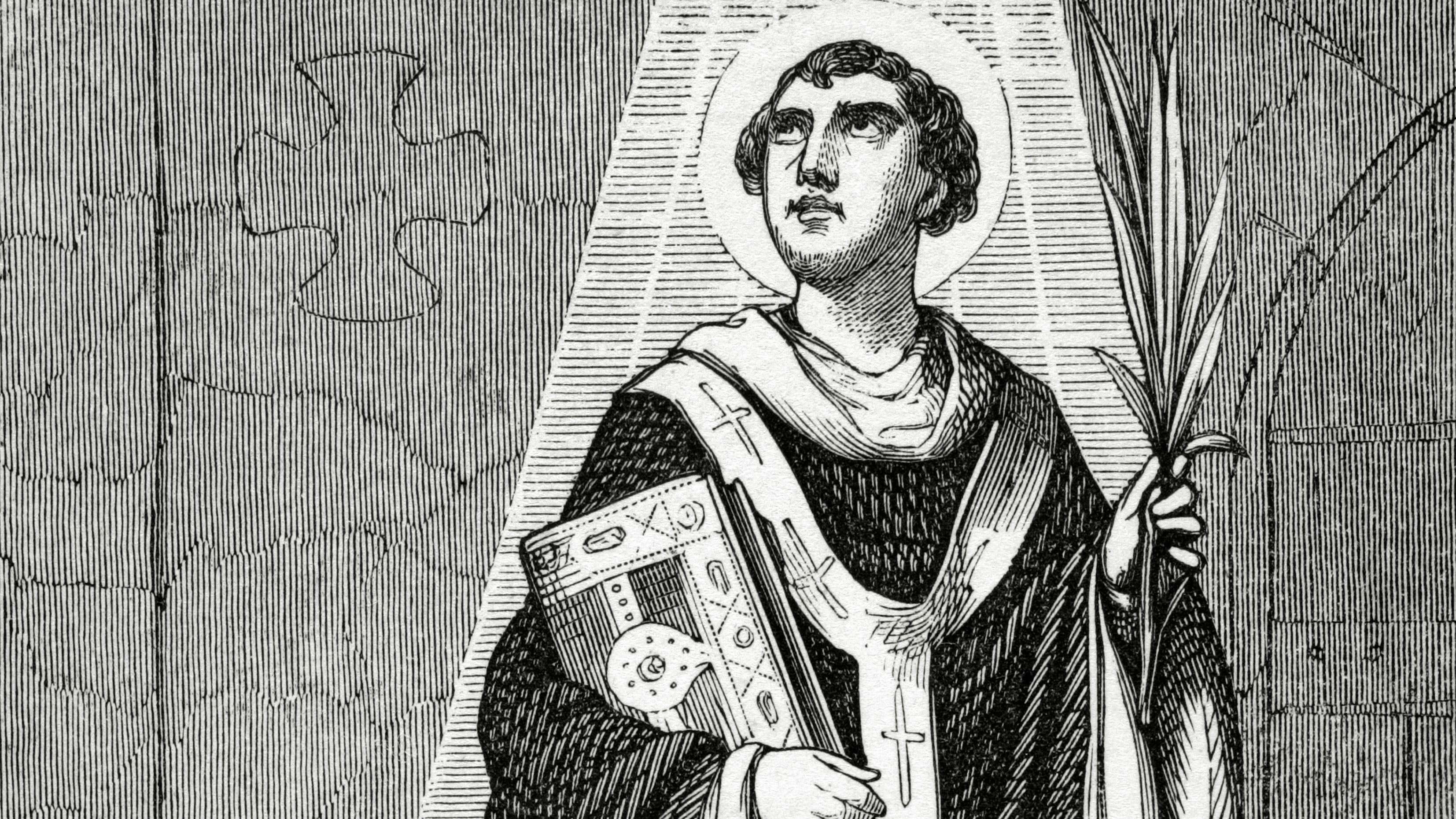
The true story of St Valentine, his legend and legacy of love
Whatever the truth of the real St Valentine, the middle of February has been a favourite time for lovers since records began. We take a look at the curious history of St Valentine, and how an ancient martyr came to be remembered as a champion of romantic love.
By Country Life Last updated
-

The real language of flowers, or how to decode your Valentine's day bouquet
On Valentine's Day, Martin Fone takes a look at the true meaning behind flowers, decoding what each individual bloom says about the receiver - or the sender.
By Martin Fone Last updated
-

Curious questions: Why do we use Seville oranges to make marmalade?
Why do we use Seville oranges to make marmalade when there are more than 400 other varieties available worldwide? And do they really make the best preserve? Jane Wheatley investigates.
By Jane Wheatley Published
-

Curious Questions: Why do woolly hats have bobbles?
Some can rock a bobble hat, others will always resemble Where’s Wally, but the big question is why the bobbles are there in the first place. Harry Pearson finds out as he celebrates a knitted that creation belongs on every hat rack.
By Harry Pearson Published
-

Curious questions: how an underground pond from the last Ice Age almost stopped the Blackwall Tunnel from being built
You might think a pond is just a pond. You would be incorrect. Martin Fone tells us the fascinating story of pingo and dew ponds.
By Martin Fone Published
-
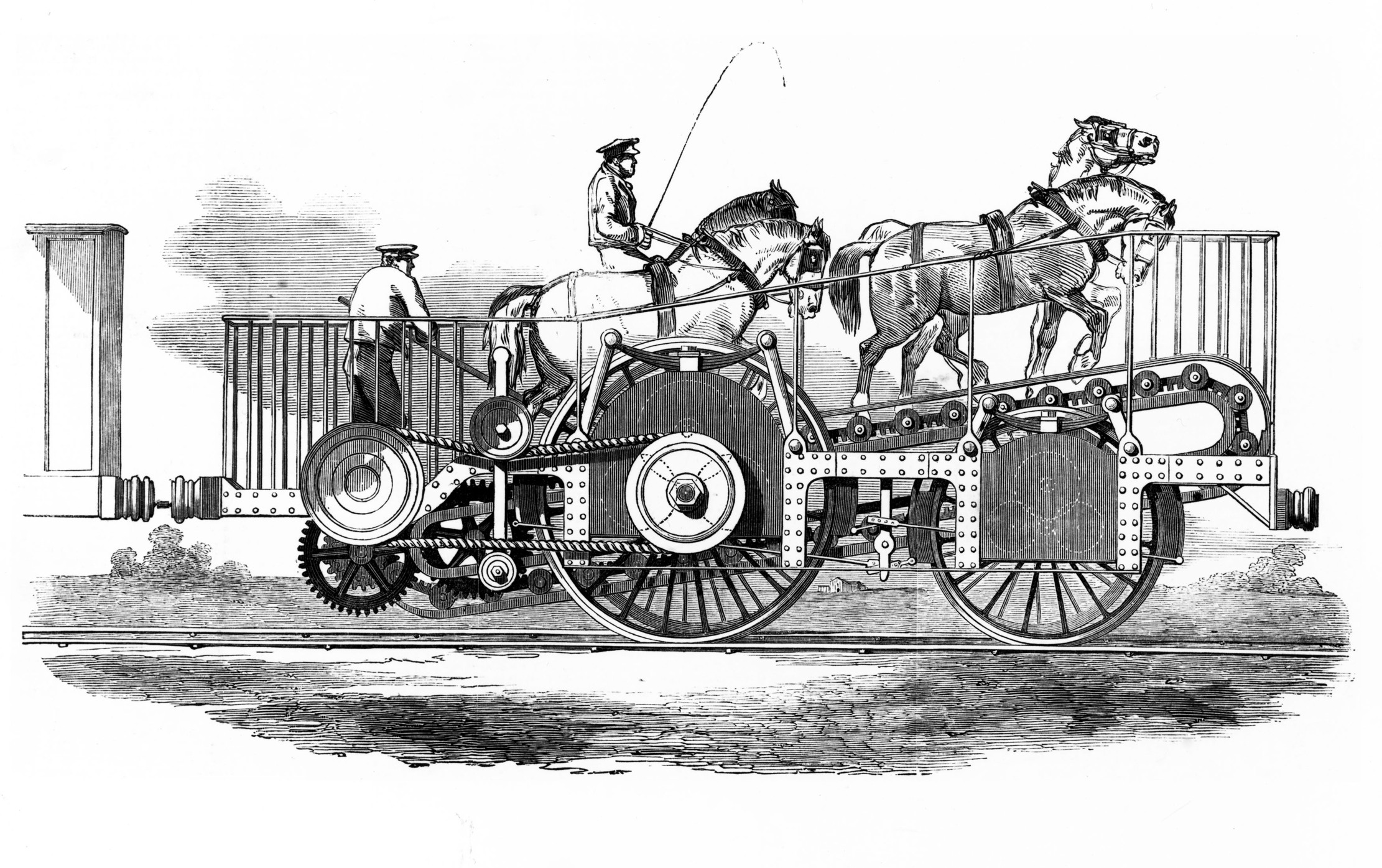
Curious questions: How a horse on a treadmill almost defeated a steam locomotive
The wonderful tale of Thomas Brandreth's Cycloped and the first steam-powered railway.
By Martin Fone Published
-
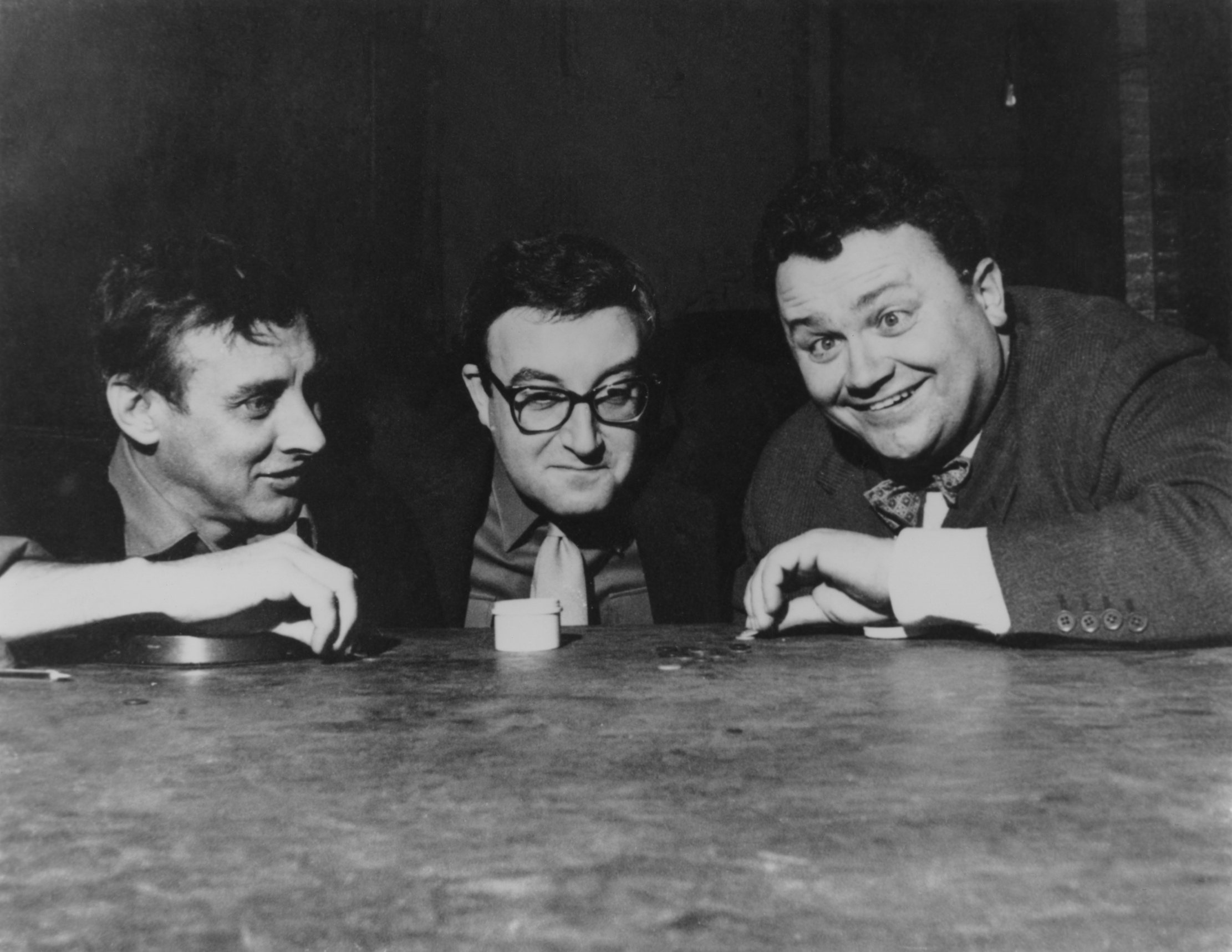
'Squopping and squidging': Who invented tiddlywinks?
Today's Curious Question takes a look at one of the nation's favourite parlour games.
By Martin Fone Published
-

Mince pies really did once contain meat — and this Victorian recipe will convince you that they should to this day
Once packed with meat, such as ox tongue and mutton, alongside dried and candied fruit and extravagant spices, the mince pie is not what it once was — and food historian Neil Buttery says that's made them worse.
By Neil Buttery Published
-

Curious Questions: Did the Victorians pave the way for the first ULEZ cameras in the world?
Martin Fone takes a look at the history of London's coalgates, and finds that the idea of taxing things as they enter the City of London is centuries old.
By Martin Fone Published
-

Curious Questions: What's in a (scientific) name? From Parastratiosphecomyia stratiosphecomyioides to Myxococcus llanfair pwll gwyn gyll go gery chwyrn drobwll llan tysilio gogo goch ensis, and everything in between
Scientific names are baffling to the layman, but carry all sorts of meanings to those who coin each new term. Martin Fone explains.
By Martin Fone Published
-
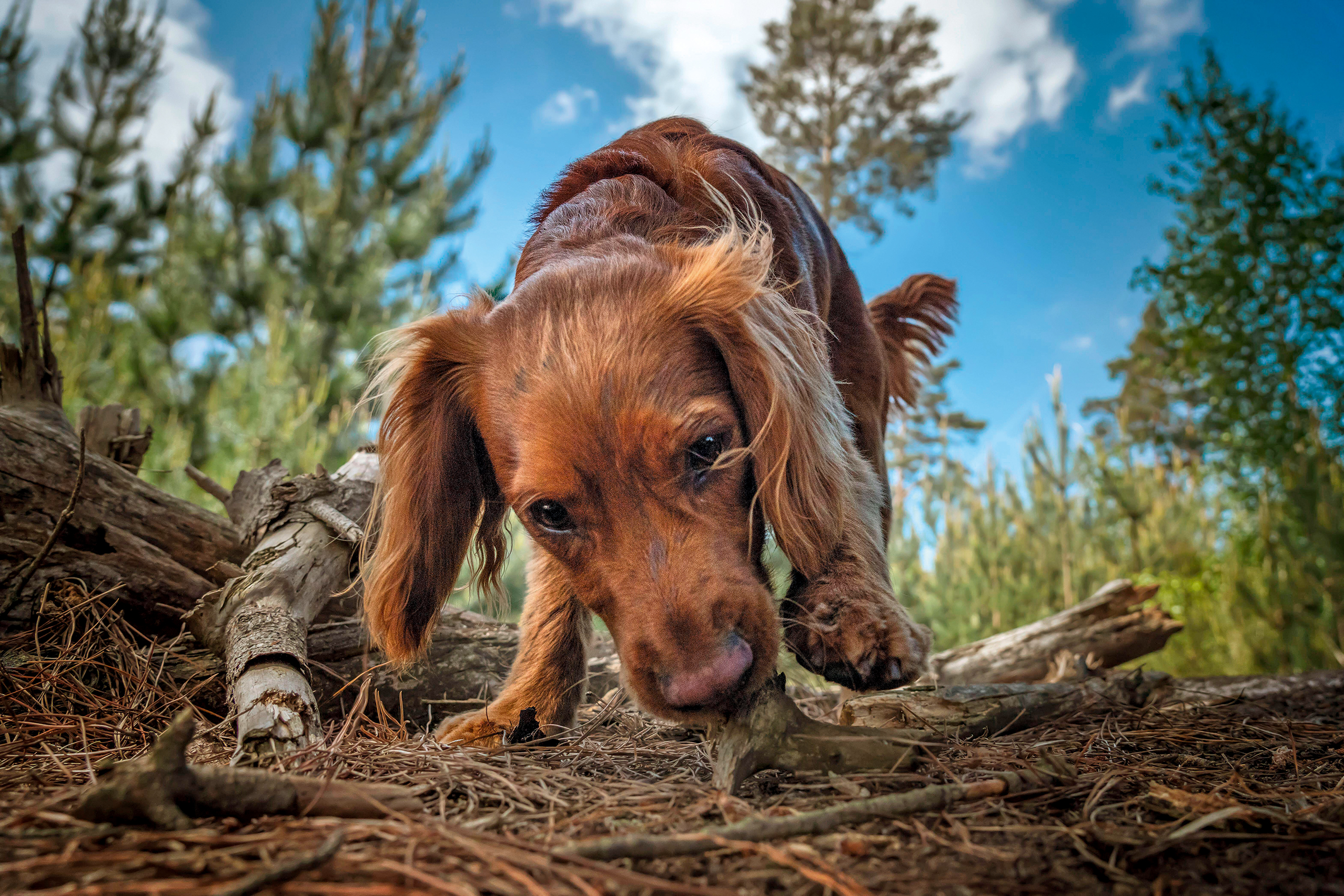
You've got peemail: Why dogs sniff each other's urine
Ever wondered why your dog is so fond of sniffing another’s pee? 'The urine is the carrier service, the equivalent of Outlook or Gmail,' explains Laura Parker.
By Laura Parker Published
-
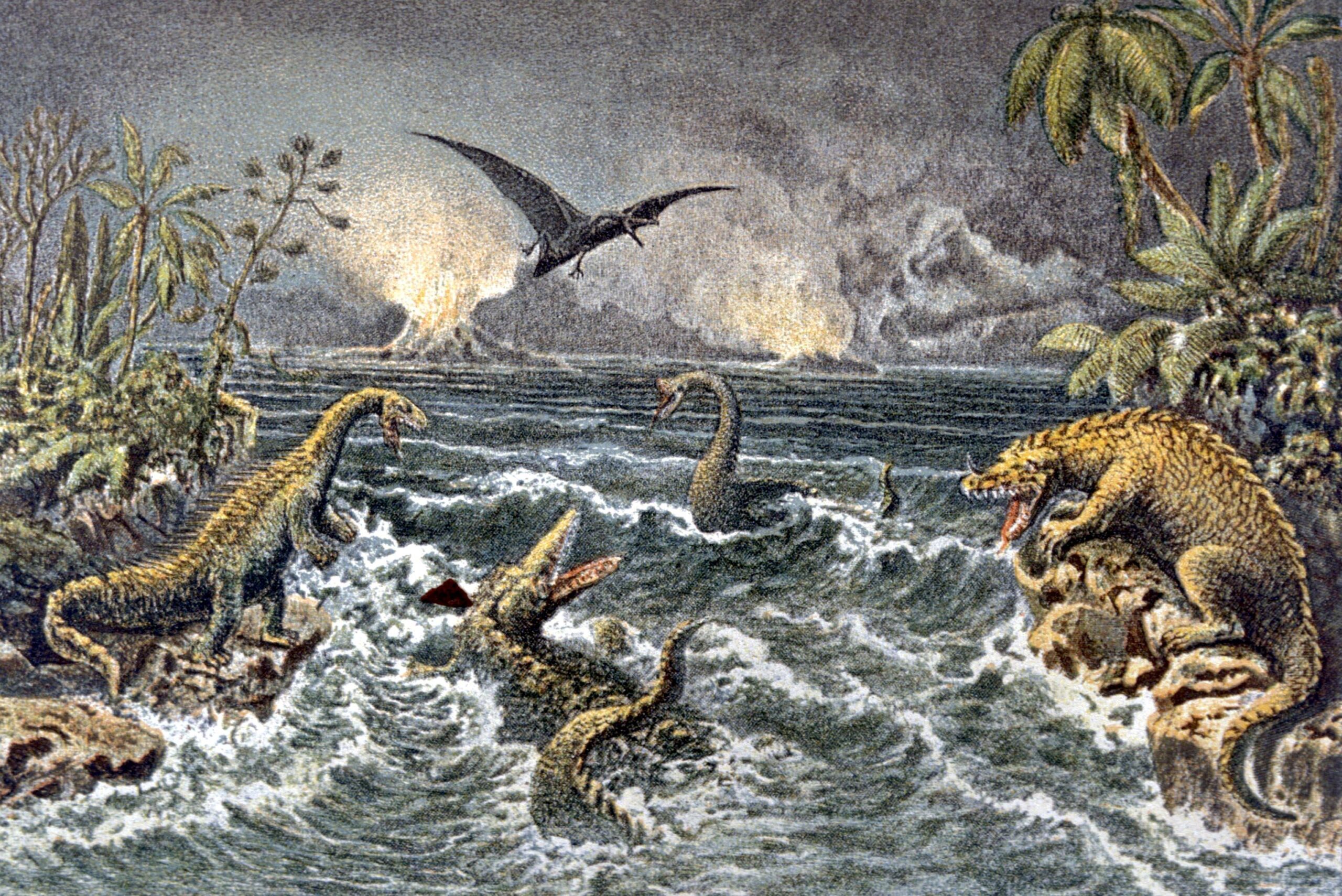
Curious Questions: How did a scrotum joke confuse paleontologists for generations?
One of the earliest depictions of a fossil prompted a joke — or perhaps a misunderstanding — which coloured the view of dinosaur fossils for years. Martin Fone tells the tale of 'scrotum humanum'.
By Martin Fone Published
